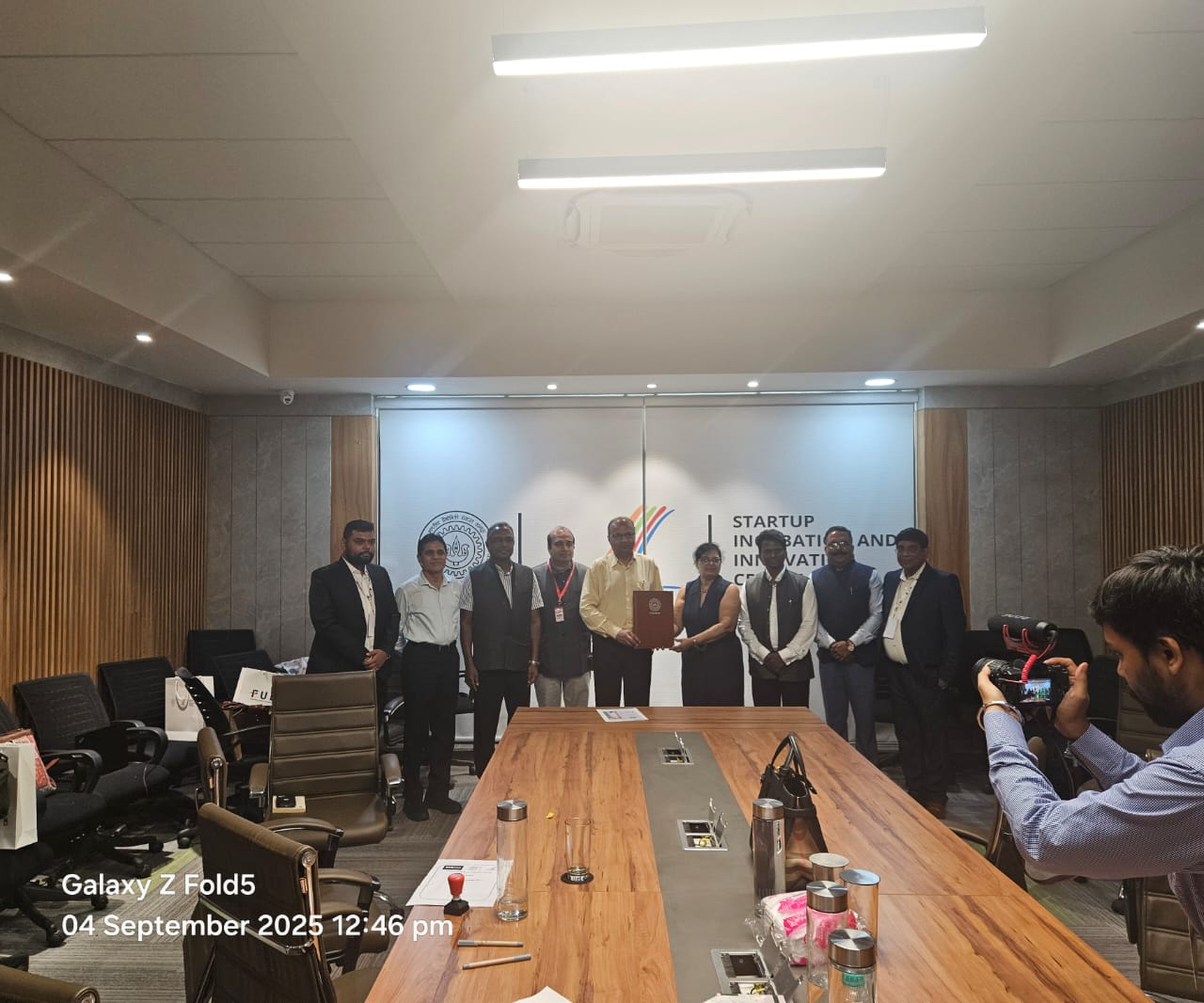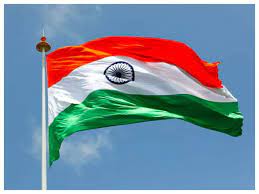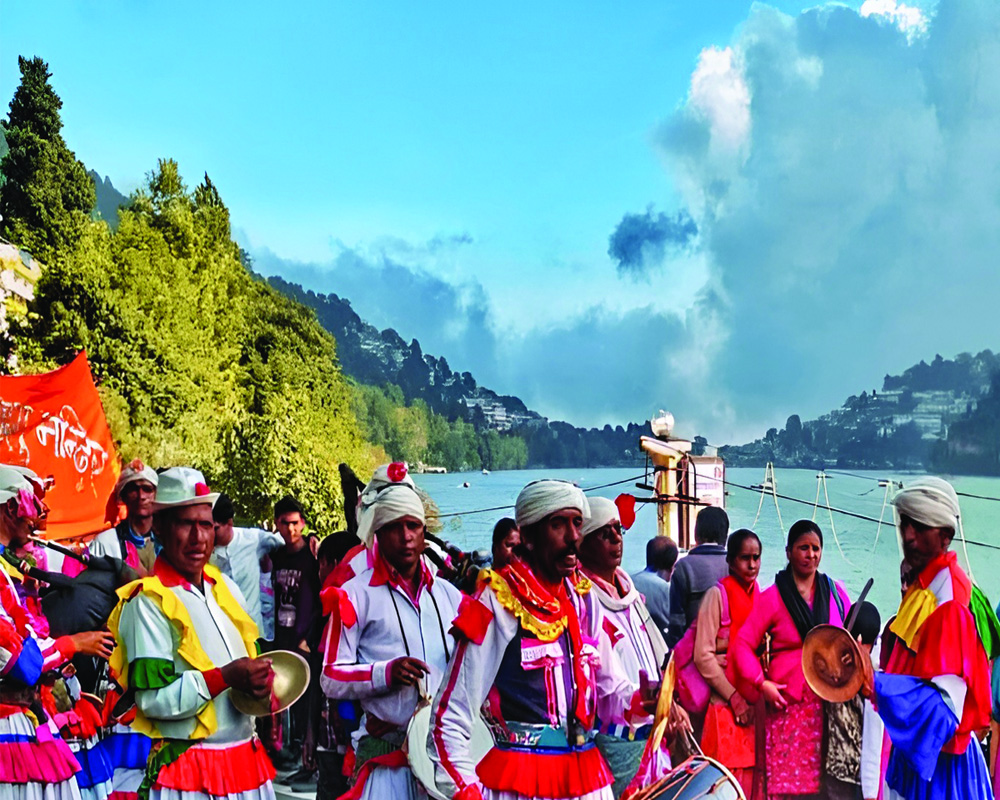According to the philosopher Aristotle, "Man is by nature a political animal," and thus, politics is the most favored topic among the people of Bangladesh. From the tea stalls in neighborhoods to the air-conditioned rooms of corporate offices, discussions about politics are ubiquitous. However, these discussions about politics are mostly negative. Conversations often begin with analyses of how bad politics is and conclude with how far we should stay away from it. Naturally, a child grows up hearing negative discussions about politics and, upon reaching youth, realizes how far they should stay from it. The idea of participating in politics does not even cross the minds of these young individuals, and they fail to develop any political awareness. They start to perceive political engagement as a kind of crime. To be politically aware, one must first understand the answers to two questions: What is politics? And what does political awareness mean?
First, let us try to understand what politics is. Politics is a science-based culture that arises from within society for governing, whereby a specific institution or authority governs the state. The English word "politics" is derived from the Greek word "Politiká." Its simple meaning is the policies or matters concerning the city by which the state, governed by humans, creates interrelations among the people of society and maintains the balance of power. In short, certain policies are necessary to run a state, and these policies are what we call politics.
Next, an important question is, what is political awareness? Broadly speaking, political awareness refers to the fundamental understanding of politics, the study of important historical matters, and the analysis of contemporary events to form one's own political opinions. However, many people currently perceive political awareness as the act of participating in a specific political party and implementing that party's ideals and goals. This is a completely wrong notion. It is important to remember that political awareness and direct participation in politics are two completely different things. While it is crucial for a person directly involved in politics to be politically aware, a politically aware person does not necessarily need to participate directly in politics. They can contribute to qualitative changes in politics by voting for competent individuals from their positions.
The consequences of political unawareness must be borne equally by individuals, society, and the state. Describing the consequences of political unawareness, Plato said, "The penalty for not participating in politics is that you end up being governed by your inferiors." Participation in politics can be either direct or indirect. In that context, increasing political awareness is equivalent to indirect participation in politics. When a talented young person becomes politically disengaged due to political unawareness, the result is that a less competent young person rises to the policymaking level by participating in politics. And that less competent policymaker naturally formulates weaker policies. Because of these weak policies, many talented individuals become frustrated and leave the country, resulting in a loss of talent and placing a burden on society and the state.
There is no doubt that the state will be governed by politicians. This significant responsibility lies with those who have taken public service and human welfare as their vows. In a democratic system where governance is established by the consent of the people, politicians will govern as representatives of the people. However, to establish a 'participatory' democracy in place of 'representative' democracy, it is also essential to ensure the effective participation of the people at all levels of administration.
Politics is a proven method for achieving human welfare. It is referred to as the 'Art of Compromise,' a technique for reaching agreement. Through the political process, acceptable policy-making and policy-implementation decisions can be reached through discussions and negotiations involving all concerned. These types of decisions impact every aspect of a citizen's life, including livelihood and security. Therefore, it is the duty and responsibility of citizens to pay attention to these matters. Notably, in an independent country, citizens not only have rights but also duties and responsibilities. Contributing to advancing the country by making politics effective and welfare-oriented is one of these duties and responsibilities. Taking initiative toward this goal also falls within the scope of these duties and responsibilities. Therefore, the more talented young people express their opinions and take effective initiatives based on political awareness, the more beneficial it will be for the future of the state.
However, is the lack of interest or disengagement in politics among the youth solely the responsibility of the young community? Certainly not; the state itself can never evade this responsibility. The cessation of student council elections, hindering democratic practices in educational institutions, the practice of partisanship under the guise of student politics, tendering, the transfer of student political leadership to non-students, the increase in unemployment, the lack of employment opportunities, and similar issues have frustrated young people and made them disillusioned with politics. The state can never evade responsibility for introducing these undesirable cultures into the system.
The future of Bangladesh depends on the youth. Selecting the right leadership will only be possible when political awareness among the youth increases. As the youth become more politically aware, political parties will naturally begin to think more deeply about them. To gain the votes of young people, political parties will be compelled to offer public-friendly and country-friendly programs in their manifestos to attract the youth. This will lead to a fundamental change in the political culture.
Additionally, political parties must realize that the youth will lead Bangladesh in the future, and even the leadership of the political parties will come from this young generation. Therefore, to build a beautiful future for Bangladesh and for the existence of political parties themselves, it is essential to involve talented young people in politics, both directly and indirectly. Today, many of those at the top levels of various political parties are from the generation that was politically aware during the liberation war in 1971 or the democratic uprising in 1990. Therefore, political parties must take special initiatives in their manifestos to involve talented young people in politics. Their manifestos should include specific plans for youth employment, special bank loans for self-reliance, and various platforms to engage the youth, including unemployment benefits.
It is undeniable that the more talented young people a political party can incorporate, the more enriched the party will become, and the easier their path to power will be. Therefore, it is in the political parties' interest to facilitate the participation of talented young people in politics.
In conclusion, the youth of Bangladesh have a glorious history. The contributions and sacrifices of the youth are behind every movement and achievement of Bangladesh. There are also instances where this young community has been misguided. Whether in the name of scientific socialism or through the misinterpretation of religion, the pied pipers of this wrong path have led the youth astray. Therefore, it is up to the young community to decide what kind of Bangladesh they want to see and to whom they want to entrust the future leadership of Bangladesh. The future of Bangladesh depends on the decisions made by this young community.
(Writer is a columnist and journalist & can be contacted fbzahir@gmail.com)








 OpinionExpress.In
OpinionExpress.In















Comments (0)